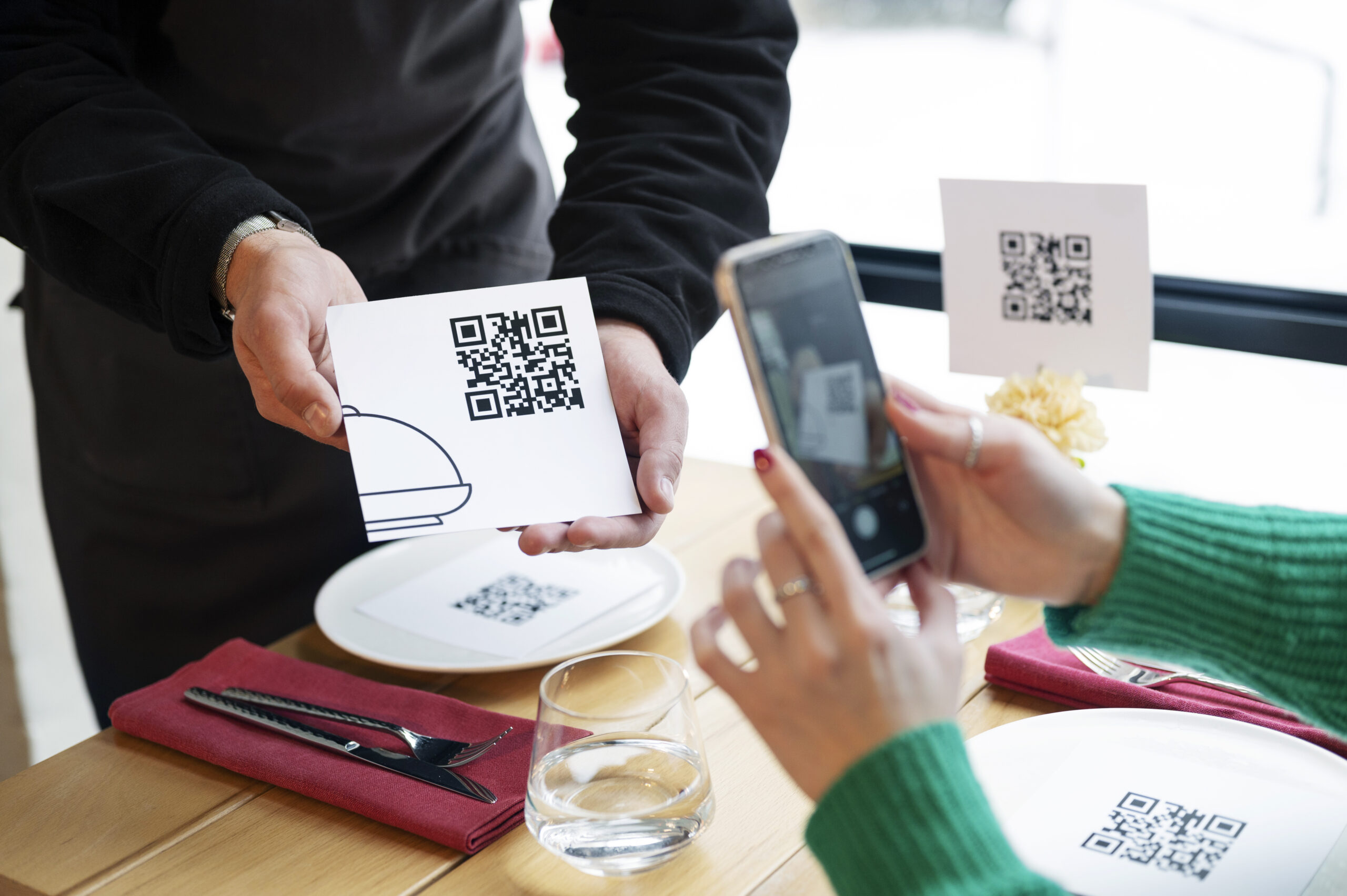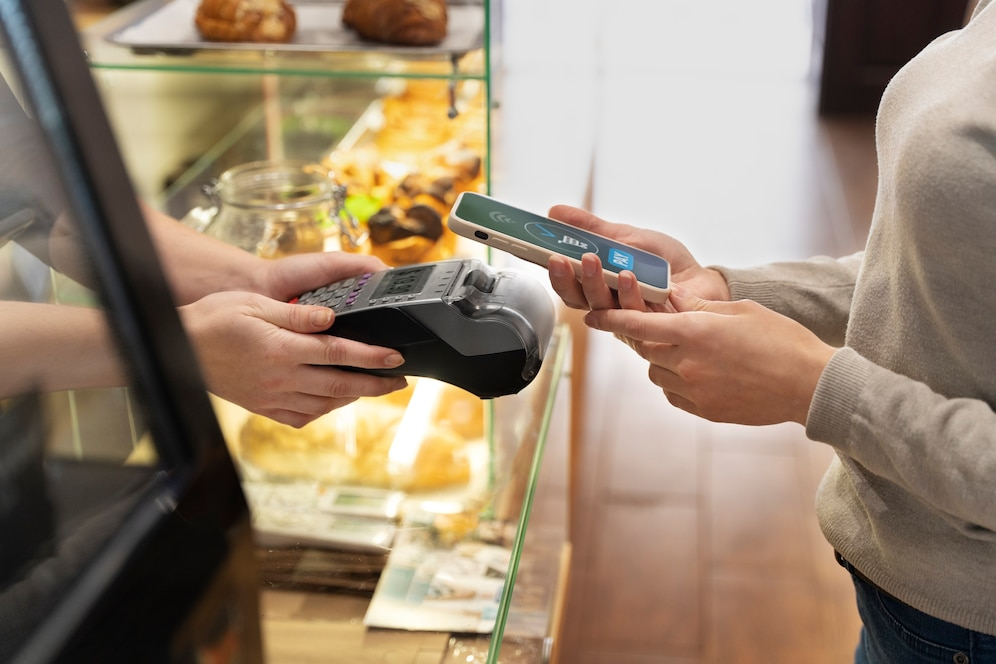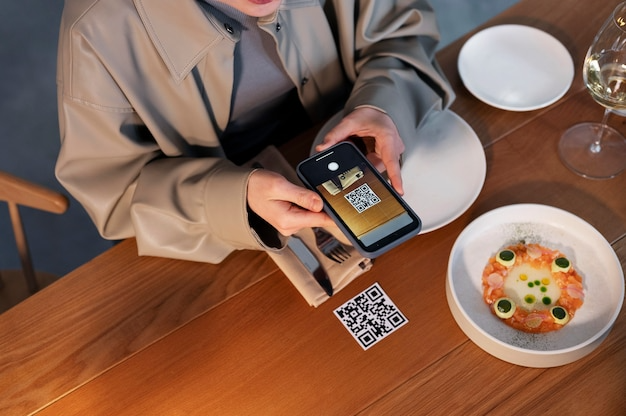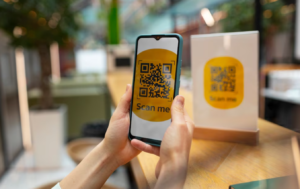QR code scanners, a technology that has gained significant traction in recent years, offer a multitude of benefits and conveniences for both businesses and consumers. These two-dimensional barcodes can be scanned by smartphones and other devices equipped with QR code scanners, providing instant access to information, websites, promotions, and more. However, like any technology, QR code scanners also have their limitations and potential drawbacks. In this article, we will explore the pros and cons of QR code scanners, examining their impact on various aspects of our lives and shedding light on their potential benefits and challenges.
The Convenience of QR Code Scanners
QR code scanners have revolutionized the way we interact with information and services. Let’s dive into some of the key advantages of QR code scanners:
1. Instant Access to Information
QR codes offer a seamless and efficient way to access information. With a simple scan, users can quickly obtain product details, contact information, event schedules, and much more. This eliminates the need for manual data entry and saves valuable time.
2. Enhanced User Engagement
Businesses and marketers have embraced QR codes as a powerful tool for engaging with customers. By incorporating QR codes into their marketing campaigns, they can direct users to interactive experiences, exclusive promotions, or even gather feedback through surveys. This fosters a deeper connection between brands and consumers.
3. Easy Payment Processing

QR codes have revolutionized the payment industry, enabling quick and secure transactions. Services like mobile payment apps utilize QR codes to facilitate transactions, making it convenient for customers to make purchases using their smartphones. This eliminates the need for physical cards or cash, streamlining the payment process.
4. Efficient Event Management
QR codes have greatly simplified event management processes. Attendees can scan QR codes on their tickets for easy access to events, eliminating the need for physical tickets. Event organizers can also track attendance, gather valuable data, and streamline check-in processes by leveraging QR code technology.
5. Seamless Wi-Fi Connectivity
QR codes make connecting to Wi-Fi networks hassle-free. Instead of manually entering network credentials, users can scan QR codes to automatically join Wi-Fi networks. This simplifies the onboarding process and ensures a seamless internet connection for users.
6. Contactless Menu Ordering

In the era of social distancing, QR codes have become instrumental in contactless menu ordering. Restaurants and cafes have started implementing QR codes on tables, allowing customers to scan and browse menus directly on their smartphones. This minimizes physical contact and enhances safety for both customers and staff.
The Limitations of QR Code Scanners
While QR code scanners offer numerous advantages, it’s important to acknowledge their limitations as well. Let’s explore some of the potential challenges associated with QR code technology:
1. Dependence on Scanning Devices
QR code scanners rely on devices equipped with the necessary hardware and software to scan and interpret the codes. While most smartphones now come with built-in QR code scanning capabilities, not all devices offer this feature. This can limit the accessibility of QR codes for certain users.
2. Internet Connectivity Requirement
QR codes often redirect users to online content, which means a stable internet connection is required for a seamless user experience. If users are in an area with poor network coverage or no internet access, scanning QR codes may become impractical or impossible.
3. Security Risks
QR codes, like any digital technology, are not immune to security risks. Malicious individuals can create fraudulent QR codes to deceive users and direct them to malicious websites or phishing attempts. It is crucial for users to exercise caution and verify the legitimacy of QR codes before scanning them.
4. Lack of Standardization
QR codes lack a standardized format, leading to potential compatibility issues. Different QR code generators may create codes with varying levels of error correction and data capacity. This can result in scanning errors or inconsistencies across different devices and scanning apps.
5. User Awareness and Adoption
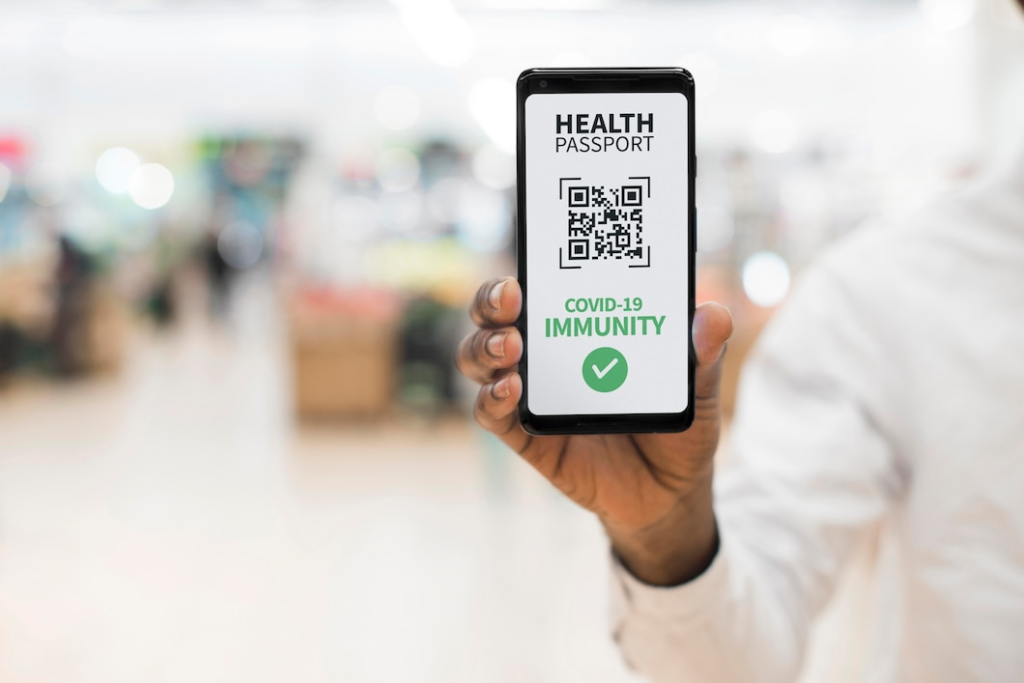
While QR codes have gained popularity in recent years, there is still a segment of the population that is unfamiliar with their usage or may hesitate to scan codes due to privacy concerns. Businesses and organizations need to educate users about QR code technology and address any concerns they may have to encourage wider adoption.
6. Physical Limitations
QR codes require sufficient space to be printed or displayed. Smaller items or surfaces may not accommodate larger QR codes, limiting their practicality in certain scenarios. Additionally, damaged or poorly printed QR codes can lead to scanning errors and frustrate users.
FAQs About QR Code Scanners
Can QR codes contain viruses or malware?
QR codes themselves do not contain viruses or malware. However, malicious individuals can create QR codes that redirect users to infected websites or initiate harmful actions. It’s essential to exercise caution and verify the authenticity of QR codes
Are QR codes secure for making payments?
QR codes used for payments can be secure, but it depends on the underlying technology and the implementation. Trusted mobile payment apps employ encryption and other security measures to ensure safe transactions. It’s important to use reputable and trusted payment services to mitigate any potential risks.
Are QR codes compatible with all smartphones?
Most modern smartphones come with built-in QR code scanning capabilities. However, it’s advisable to ensure that your device has a QR code scanning feature or install a reputable QR code scanning app from a trusted source if needed.
Can QR codes store personal information?
QR codes can store various types of data, including personal information. However, it’s crucial to exercise caution when scanning QR codes from unknown sources or suspicious locations. Only scan QR codes from trusted sources to protect your privacy and security.
Do QR codes have an expiration date?
QR codes themselves do not have an expiration date. However, the content that the QR code points to, such as a website or promotion, may have an expiration date set by the creator.
Can QR codes be customized with branding?
Yes, QR codes can be customized with branding elements, such as company logos or colors. However, it’s important to strike a balance between customization and maintaining scanability. Overly complex or heavily modified QR codes may become difficult to scan.
Conclusion
QR code scanners have undoubtedly transformed the way we interact with information and services. The convenience they offer, such as instant access to information, enhanced user engagement, and streamlined payment processes, has made them a valuable tool for businesses and consumers alike. However, it’s important to be aware of their limitations, including dependence on scanning devices, security risks, and compatibility issues.
As QR code technology continues to evolve, it is crucial for businesses, organizations, and individuals to stay informed and adapt to maximize the benefits while mitigating the potential challenges. With proper awareness, education, and responsible usage, QR codes can continue to enhance our lives and provide seamless access to a world of information and opportunities.

